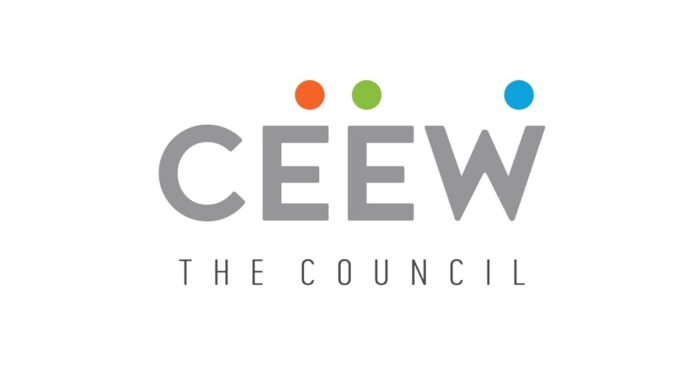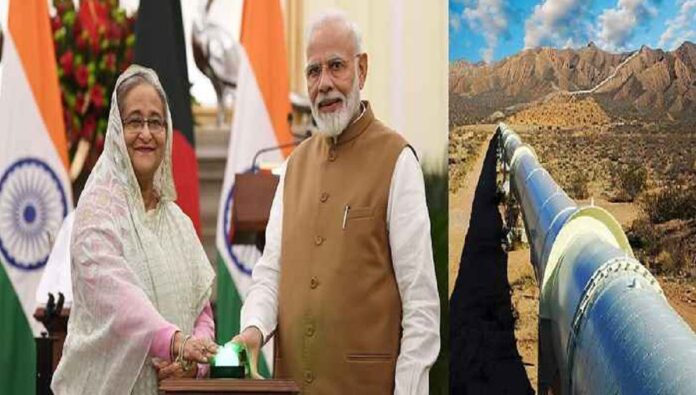The CEEW study found that 30% of prepaid users of smart meters recharged more than once a month, with the highest share in Uttar Pradesh (38%). Consumers reported co-benefits such as a greater sense of control over electricity expenses, a drop in electricity theft, and improved power supply.
However, the study highlighted challenges faced by consumers, such as 70% would like to continue receiving paper bills, only half of consumers were aware of smart meter mobile apps, and 45% used them. 12% of consumers reported that paying bills had become difficult due to fear of disconnection, cash flow issues, and barriers to digital payments. CEEW’s study recommends that AMI contracts should be uniform across states to reduce vulnerability to cyber threats, and that incentive for information disclosure by discoms and vendors should be strengthened by regulators.
At the ‘National Dialogue on Smart-metered India for a Digitalised and People-centric Power Sector’, organised at the Council on Energy, Environment and Water (CEEW) in collaboration with IntelliSmart, Shri R. K. Singh, Union Minister of Power, and New & Renewable Energy said “Further, we envision almost all smart meters to be prepaid. This will significantly reduce the financial burden of discoms as prepaid metering reduces the cost of financing their operations. Smart meters will help bring down the cost of electricity by 2-2.5 per cent”.




